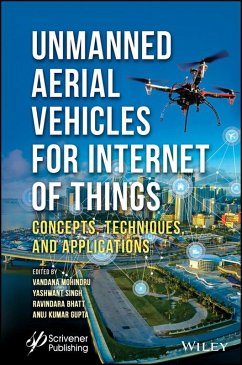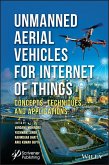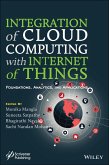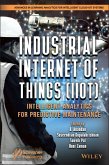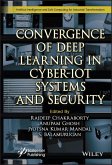UNMANNED AERIAL VEHICLES FOR INTERNET OF THINGS This comprehensive book deeply discusses the theoretical and technical issues of unmanned aerial vehicles for deployment by industries and civil authorities in Internet of Things (IoT) systems. Unmanned aerial vehicles (UAVs) has become one of the rapidly growing areas of technology, with widespread applications covering various domains. UAVs play a very important role in delivering Internet of Things (IoT) services in small and low-power devices such as sensors, cameras, GPS receivers, etc. These devices are energy-constrained and are unable to communicate over long distances. The UAVs work dynamically for IoT applications in which they collect data and transmit it to other devices that are out of communication range. Furthermore, the benefits of the UAV include deployment at remote locations, the ability to carry flexible payloads, reprogrammability during tasks, and the ability to sense for anything from anywhere. Using IoT technologies, a UAV may be observed as a terminal device connected with the ubiquitous network, where many other UAVs are communicating, navigating, controlling, and surveilling in real time and beyond line-of-sight. The aim of the 15 chapters in this book help to realize the full potential of UAVs for the IoT by addressing its numerous concepts, issues and challenges, and develops conceptual and technological solutions for handling them. Applications include such fields as disaster management, structural inspection, goods delivery, transportation, localization, mapping, pollution and radiation monitoring, search and rescue, farming, etc. In addition, the book covers: * Efficient energy management systems in UAV-based IoT networks * IoE enabled UAVs * Mind-controlled UAV using Brain-Computer Interface (BCI) * The importance of AI in realizing autonomous and intelligent flying IoT * Blockchain-based solutions for various security issues in UAV-enabled IoT * The challenges and threats of UAVs such as hijacking, privacy, cyber-security, and physical safety. Audience: Researchers in computer science, Internet of Things (IoT), electronics engineering, as well as industries that use and deploy drones and other unmanned aerial vehicles.
Dieser Download kann aus rechtlichen Gründen nur mit Rechnungsadresse in A, B, BG, CY, CZ, D, DK, EW, E, FIN, F, GR, HR, H, IRL, I, LT, L, LR, M, NL, PL, P, R, S, SLO, SK ausgeliefert werden.

